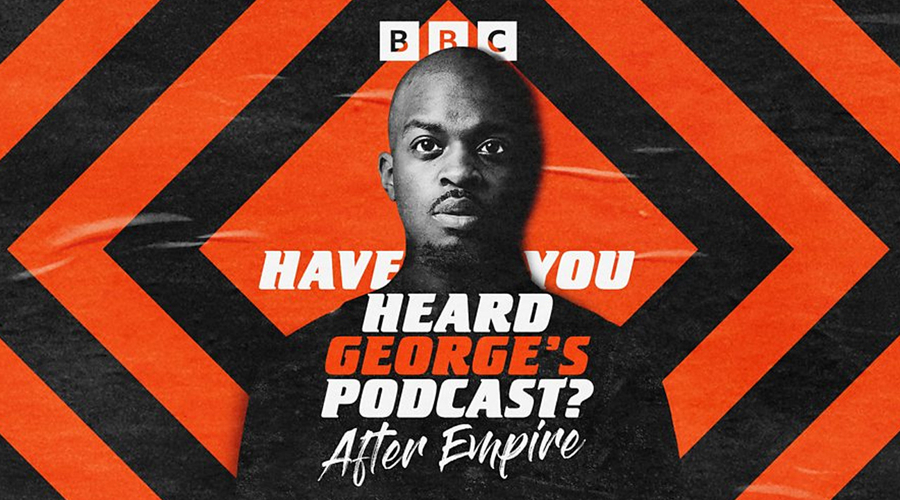It is far too modest a title. By now, most of us have heard of George Mpanga’s podcast.
The British spoken word artist, known to millions as George the Poet, has piled up the accolades for his lyrical explorations of inner-city life.
From rap music to racist policing to the Grenfell disaster, on Have You Heard George’s Podcast?, he weaves vivid stories with a stirring blend of pensive rhyming verse, elaborate sound design, rich compositions from his close collaborator Benbrick (aka Paul Carter) and enough banging tunes to warrant a Spotify playlist.
George’s multicultural background has always been the thread that ties the compellingly digressive podcast together. His parents emigrated from Uganda in the 1980s and raised him on a north-west London housing estate.
For this new series, however, he turns his gaze fully towards Africa and the Caribbean, rescuing the glories and tragedies of their pasts from our collective, colonial amnesia.
The history lesson of the first episode makes for a more linear narrative, but one that is no less alive than usual. George first needle drops us into Ghana with Second Sermon by the native singer Black Sherif, a rousing Afro-fusion/UK drill anthem in which he hears the same struggle black people face everywhere: to make their success match their grief.
On 6 March 1957, Ghana became the second African colony after Egypt to win independence from Britain.
But independence came only after an arduous fight, led by Kwame Nkrumah, and it is Nkrumah and his long journey to freedom that George lovingly brings to life.
There is also a bite to his pen. There’s a moment early on when he plays the painfully patronising words spoken by a British representative in the loftiest Queen’s English – “Ghana has chosen the path of democracy and has accepted the political values that we in this country hold dear” – before he poetically lays them to waste. “They said they were proud of their former colony, like they helped them build a mature economy, like they brought the region more than war and poverty, like they never shipped Africans off the shore as property.”
While tapes of Mpanga’s friends echo Nkrumah’s sentiments in the modern day – reminders of how far we are yet to progress – Benbrick’s arrangements are bolstered by the BBC Concert Orchestra. Not for the first time, they lend a cinematic sweep to the series.
Come the end, as hard-won strings soundtrack Nkrumah’s victory in Ghana’s first democratic election, it may be the first time George’s podcast moves you, but it won’t be the last.






